Although Dalit literature originated in Maharashtra from the 1950s – 1960s, the genre, that gave expression to a historically supressed community, has emerged in all Indian literatures, from Tamil to Hindi, Bengali and Gujarati.
While not restricted to, early Dalit writing gave voice to “anxiety of a Dalit psyche, the Dalit community’s bondage with Mother Nature, “angry outbursts” against uprooting them without compensation, the paradoxes of caste dis-crimination in religious space, as well as modernized government bureau-cracies.” (Soumitra Chakraborty in Margin Speaks: Indian Dalit Literature. A Review of Writing as Resistance: Literature of Emancipation, ed. Jaydeep Sarangi).
Over the years, several books in the have come out to highlight not just the struggles but also the lives, culture and traditions of the Dalit community, moving beyond the scope and tone set by the seminal Waiting for A Visa by BR Ambedkar.
This curated list covers a fraction of Dalit literature, translated into English.

Title: Days will Come Back
Author: Kamal Dev Pall Translator: Rajinder Azad
Publisher: Panther’s Paw Publication
Blurb: Days Will Come Back is probably the first Punjabi Dalit poetry collection which has been translated into English. Poems in it are simmering with the smell of revolution that the soil of Punjab has begotten among many of its children. In this, the voice of a Dalit Punjabi is very distinctive and a refreshing change of narrative from the otherwise upper-caste dominant stories that emerge from the region.
Price: Rs. 250 || Pages: 50
Title: Spotted Goddesses: Dalit Women’s Agency-Narratives on Caste and Gender Violence
Author: Roja Singh
Publisher: Zubaan Books
Blurb: Spotted Goddesses is an ethnography of caste, gender and Dalit women’s leadership. Situated within the ambit of transnational feminisms, this book is rooted in interactions and lived experiences of Dalit women in Tamil Nadu. Singh’s intersectional perspective as a Dalit woman provides a consummate analysis of the power structures that shape the foundation of caste dominance in South India today. She describes strategies of social change in Dalit women’s activism as embedded in the urge to upend and subvert imposed identities of ‘difference’ in a mode of resistance which fearlessly thwarts social compartments and punishment traditions.
Built around a powerful core which is primarily shaped by Dalit women’s songs, and oral and written testimonial narratives, including Singh’s personal story, this interdisciplinary work is a searing vindication of Dalit women’s right to rise and rage against the shackles of Brahminical patriarchy.
Price: Rs. 316 || Pages: 795
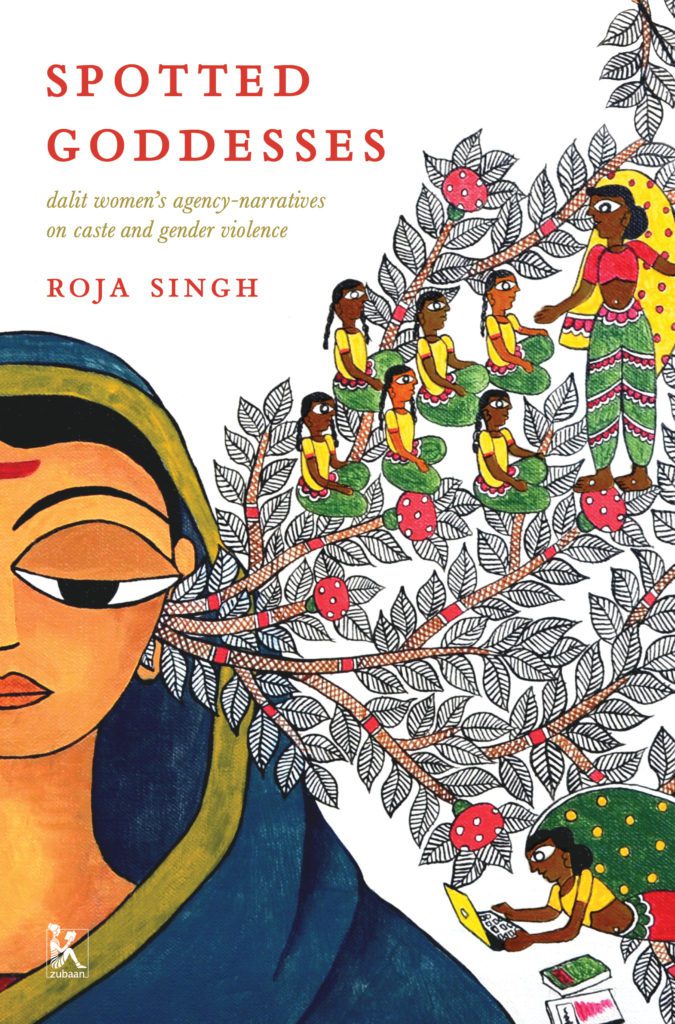

Title: Bheda
Author: Akhila Naik
Publisher: Oxford University Press
Blurb: Bheda means a sense of difference, one that’s deeply ingrained in our society; the caste hegemony that has led to economic exploitation, cultural subjugation, social discrimination and political powerlessness of Dalits in Odisha over decades and is an important work in Dalit literature
“The entire village was in an uproar when the news spread that Laltu had beaten up Yuvaraj. How dare a Dom boy thrash the gauntia’s nephew, a Teli? The Telis set out to seek revenge by breaking Laltu’s limbs.Conscious of the plight of the Dalits and the lower castes and hoping to improve their lot, Laltu leads an uprising against the upper castes. Does he succeed? Or is he silenced and crushed by caste power?Set in a remote village in the Kalahandi district of Odisha, the story draws from the real, lived experiences of the region’s Dalits. Bheda, the first Odia Dalit novel, is not only a poignant tale of rebellion and betrayal, it is also a record of the caste atrocities and cultural politics that have defined India.”
Akhila Naik’s 90-page Bheda published in 2010 is considered to be the first Odia Dalit novel, and is centred around caste violence.
Price: Rs. 199 || Pages: 88
Did you know: The first known Dalit novel to be published was Abhinav Prakashan’s Fakira, by Annabhau Sathe.

Title: The Lost Heroine
Author: Vinu Abraham || Translator: C.S. Venkiteswaran and Arathy Ashok
Publisher: Speaking Tiger Books
Blurb: A fine book of Dalit literature, The Lost Heroine is about a girl growing up in a district in Kerala, spinning idle dreams as she worked in the fields, Rosy had never been to the cinema. Her only brush with fame had been to act in the local Kakkarissi plays. So when Johnson Sir, her well-to-do neighbour, asked if she would like to play the role of heroine in a movie his friend Daniel was making, Rosy could scarcely believe it. In a matter of weeks, Rosy is transformed into Sarojini—the beautiful Nair girl who lived in a grand tharavad, wore mundus and blouses of the finest silk and gold jewellery from head to toe. Rosy’s dream world comes to an end when the last scene is shot. A harsh reality awaits her when the film is screened at the Capitol Theatre in Trivandrum. There is shock and horror in the audience as the film rolls. All hell breaks loose, and Rosy narrowly escapes death only to spend the rest of her life in anonymity. It is only in a forgotten roll of film that her story lives on. The story of Vighathakumaran (The Lost Child), the first film ever to be made in Malayalam, in the year 1928.
Price: Rs. 256 || Pages: 176
Title: My Father Baliah
Author: Y B Satyanarayana
Publisher: Harper Collins
Blurb: Poised to inherit a huge tract of land gifted by the Nizam to his father, twenty-one-year-old Narsiah loses it to a feudal lord. This triggers his migration from Vangapally, his ancestral village in the Karimnagar District of Telangana the single most important event that would free his family and future generations from caste oppression. Years later, it saves his son Baliah from the fate reserved for most Dalits: a life of humiliation and bonded labour.
Price: Rs. 299 || Pages: 236
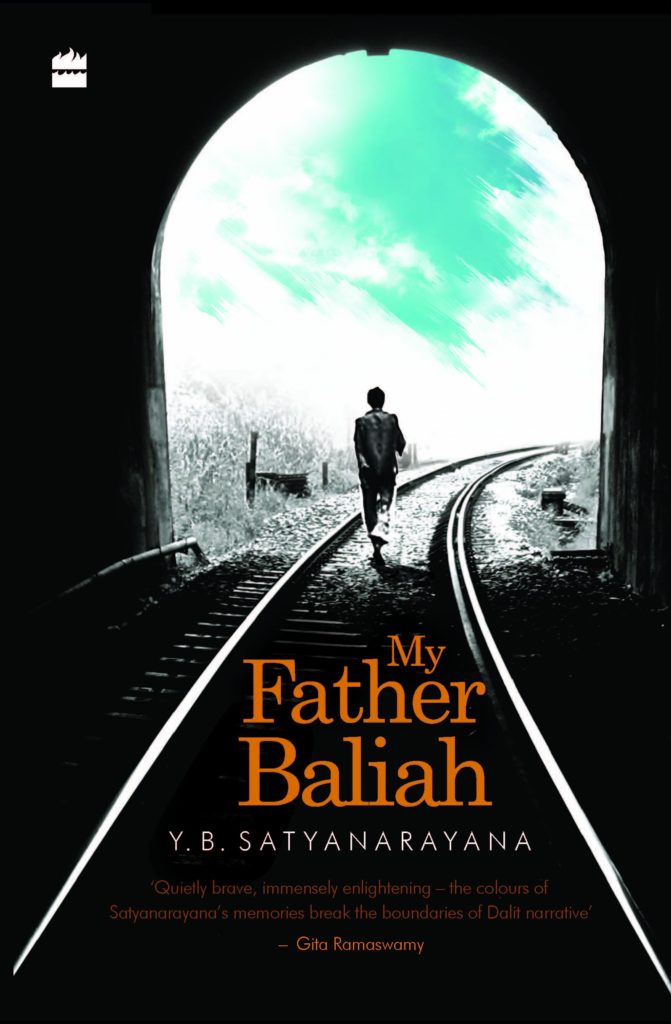
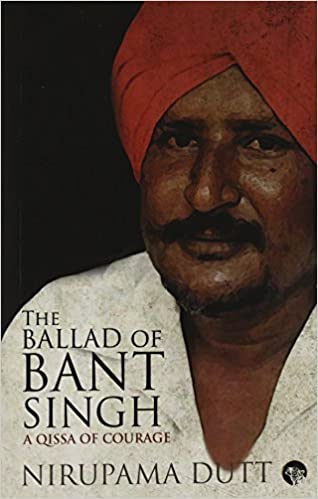
Title: The Ballad of Bant Singh: A Qissa of Courage
Author: Nirupama Dutt
Publisher: Speaking Tiger Books
Blurb: On the evening of 5th January 2006, Bant Singh, a Dalit agrarian labourer and activist in Punjab’s Jhabar village, was ambushed and brutally beaten by upper-caste Jat men armed with iron rods and axes. He lost both his arms and a leg in the attack. It was punishment for having fought for justice for his minor daughter who had been gang-raped. But his spirit was not broken, and he continues to fight for equality and dignity for millions like him, inspiring them with his revolutionary songs and his courage.
Journalist and writer Nirupama Dutt tells Bant Singh’s story in this powerful book which is both the biography of an extraordinary human being and a comment on the deep fault lines in Punjabi and Indian society.
Price: Rs. 249 || Pages: 224











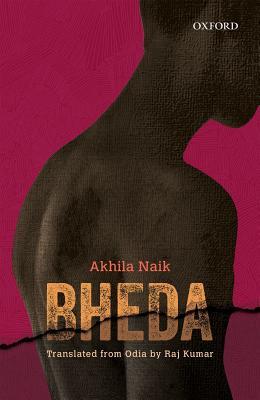

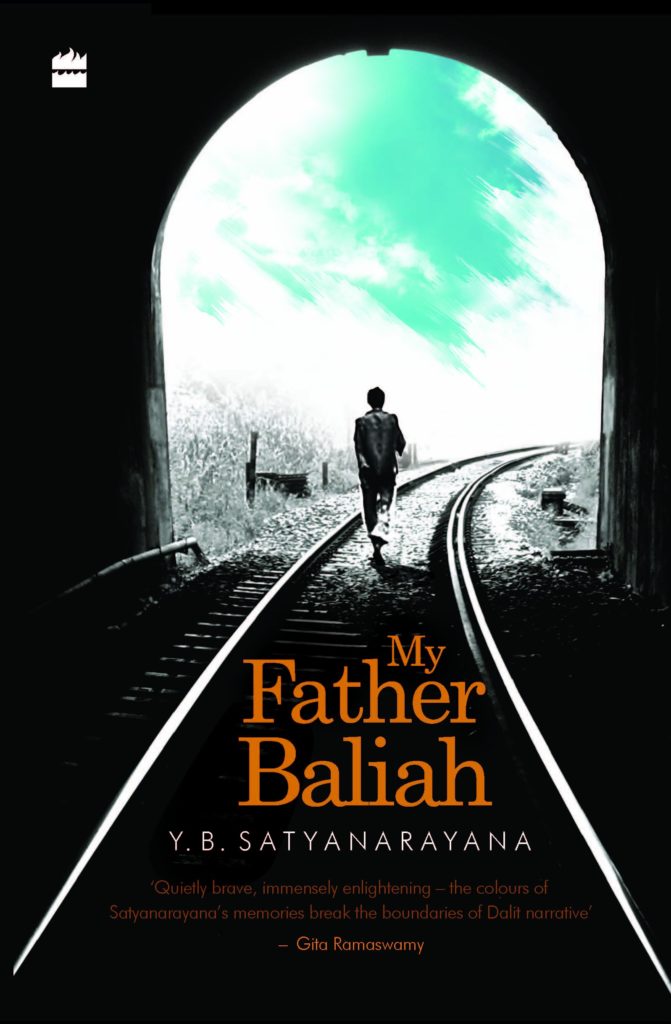




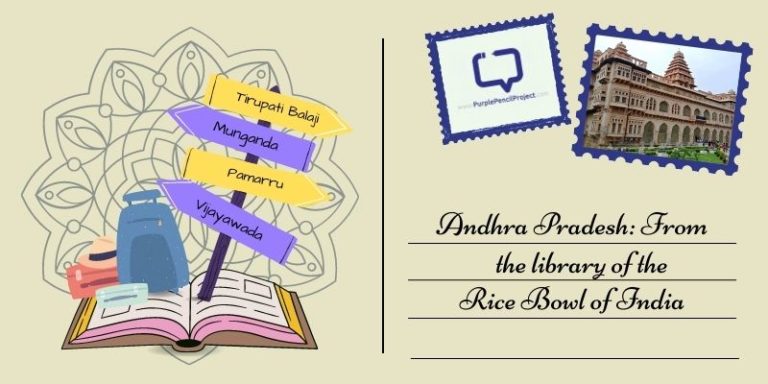

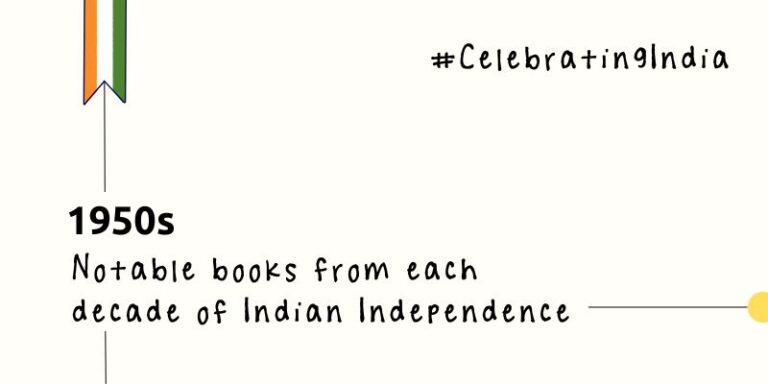
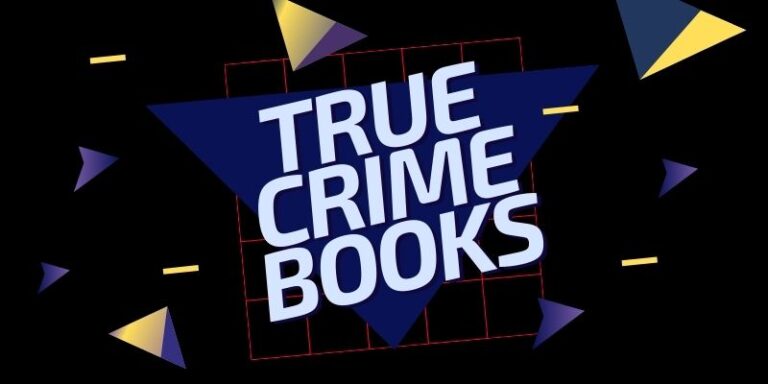

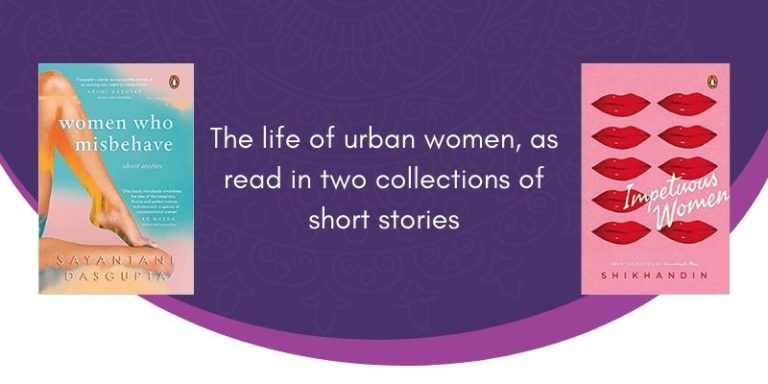
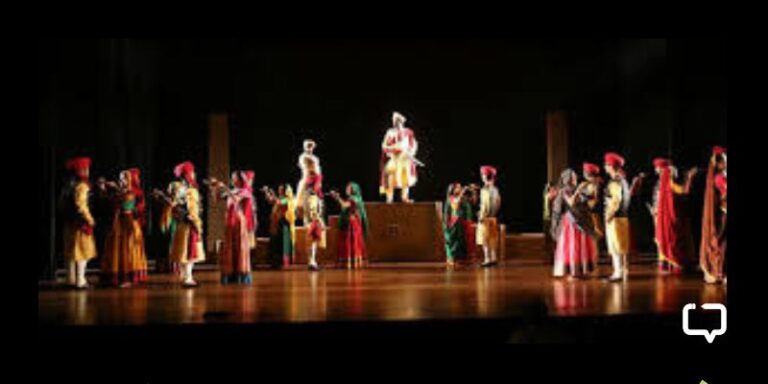



2 Responses
Very inspiring! Best wishes for a continued impact.
Neelam Publications is new venture started by the film Director Pa. Ranjith. May please visit them.
Will do so, thank you so much for pointing us to it